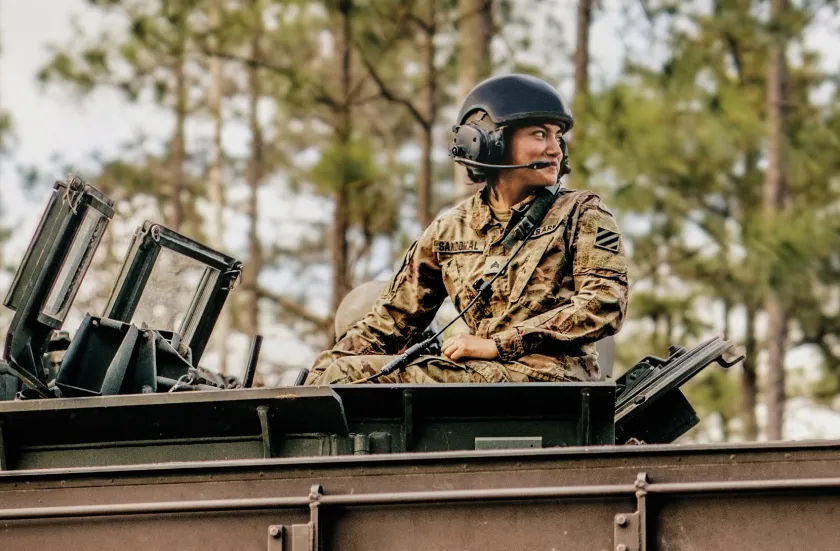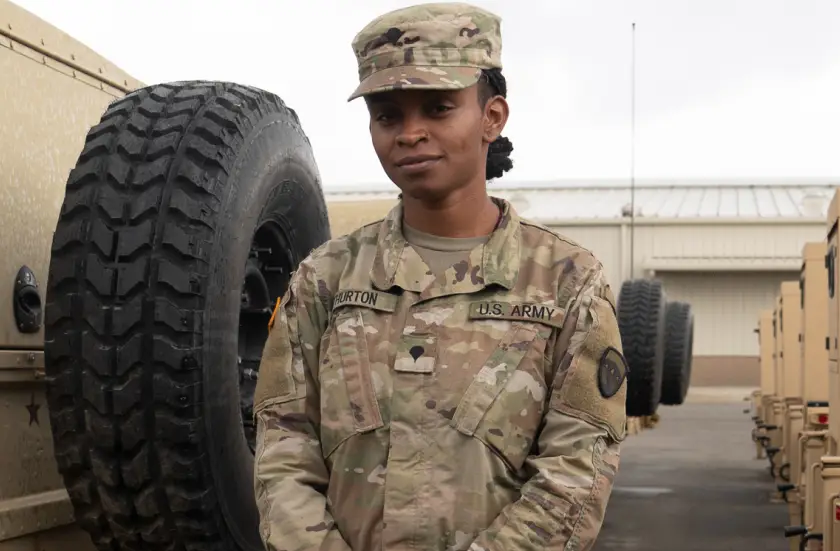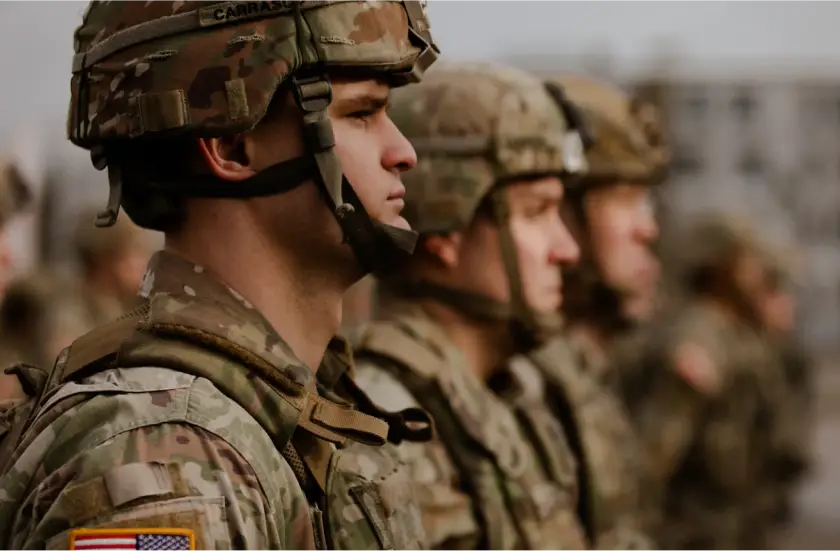Army Career Match
Your Future Starts Here
Discover the career for you and opportunities you never knew existed.
Serve your way
You can join one of our three components and be part of the Army’s well-rounded force while pursuing your unique career and life goals.



Start Your Journey
-
Choose between the enlisted and officer paths Find Your Path
-
Understand the requirements to join Requirements to Join
-
Speak with a recruiter about any questions you may have Talk to a Recruiter
